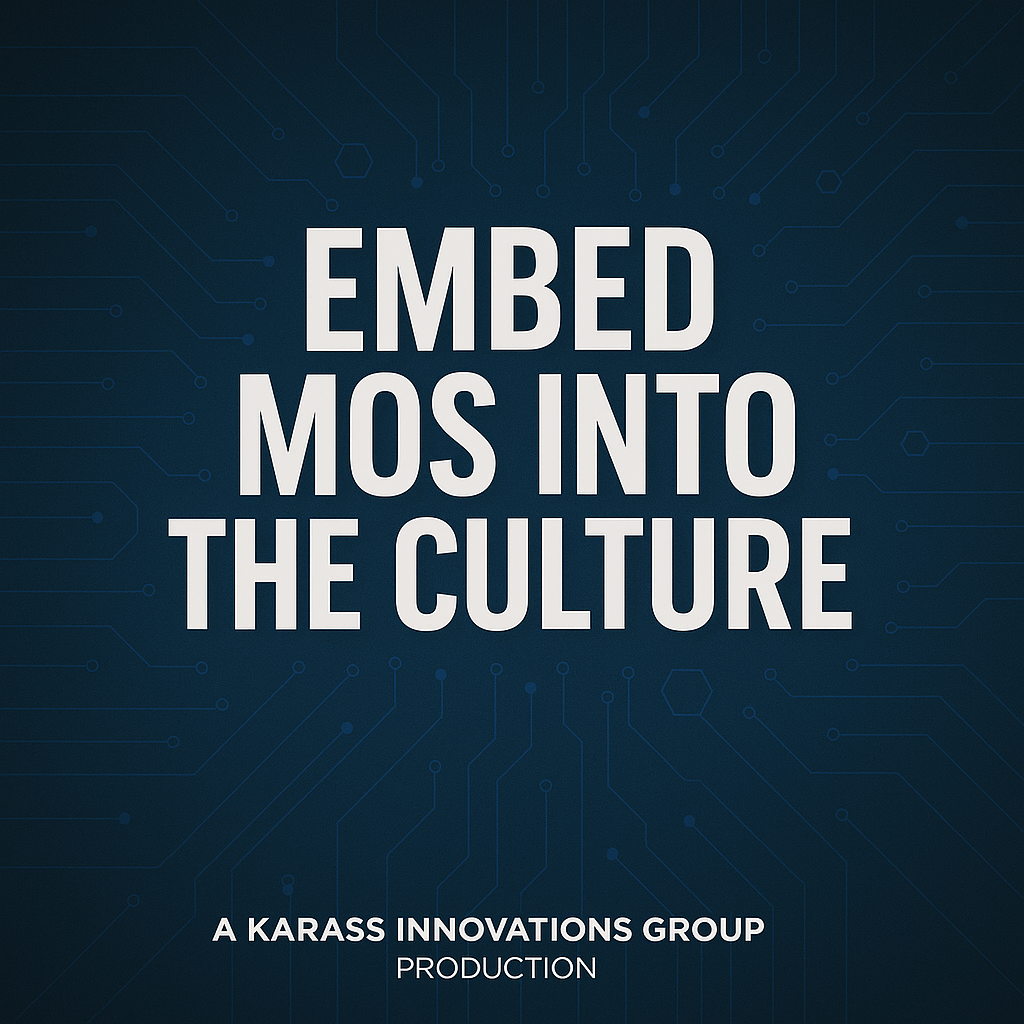n industries like manufacturing, warehousing, and supply chain, embedding the Management Operating System (MOS) into company culture—not just process—is emerging as a key differentiator for sustainable performance. According to the Lean Enterprise Institute, organizations that fully integrate MOS principles into daily behaviors, rather than treating them as standalone programs, experience a 20% improvement in operational consistency and a 17% increase in employee engagement. Manufacturing and logistics leaders are recognizing that while tools such as daily huddles, KPI boards, and tiered meetings are important, lasting impact comes when these practices become second nature to teams and part of the organization's DNA.
Engineering and supply chain operations are seeing similar shifts. Deloitte’s research shows that engineering firms that culturally embed structured project cadences, continuous improvement rituals, and MOS-aligned decision-making reduce project delays and budget overruns by 15%. In the supply chain sector, companies that align daily operational rhythms—such as SIC (Short Interval Control), structured handoffs, and root cause analysis—with their cultural values improve on-time delivery performance by up to 18%. Leaders are focusing on coaching and role-modeling behaviors, ensuring that MOS is not perceived as “just another initiative” but as the backbone of how the organization manages work.
In marketing and services, embedding a MOS-like system into culture is also driving measurable results. A report by McKinsey indicates that service and customer support teams that adopt daily management systems as cultural norms improve customer satisfaction by up to 12% and reduce escalations by 14%. Marketing teams that incorporate structured performance reviews, campaign retrospectives, and action ownership into their culture experience faster project turnarounds and improved creative output. Leadership in these sectors is focusing on psychological ownership—ensuring team members don’t just follow processes, but feel personally invested in them.
The larger industry trend points toward leadership realizing that the success of MOS hinges on cultural buy-in, not just technical execution. As organizations adopt Lean, Agile, and Six Sigma principles, the most successful implementations are those where employees view these systems as “the way we do things here.” Leaders are shifting focus from just deploying tools to shaping mindsets and behaviors through coaching, recognition, and empowerment. Embedding MOS into culture leads to higher levels of accountability, stronger cross-functional collaboration, and long-term productivity gains across manufacturing, engineering, services, warehousing, and supply chain environments.

